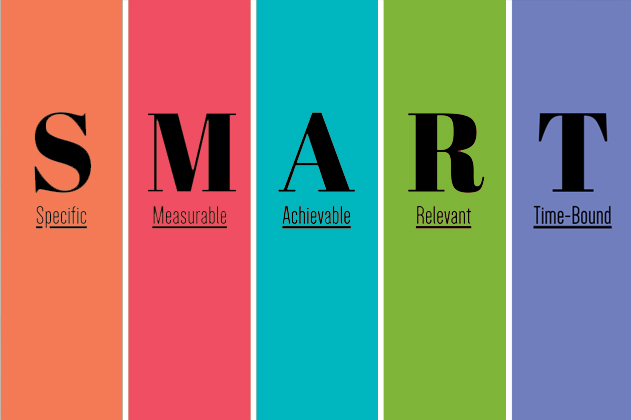In today’s constantly evolving work environment, prioritizing personal development is more important than ever. Investing in yourself enhances your skills and knowledge and helps you stay competitive and relevant. However, setting effective personal development goals can be a daunting task. In this blog post, we’ll explore the steps you can take to set achievable and meaningful personal development goals for work. From recognizing your strengths and weaknesses to creating a clear action plan, we’ll provide practical advice and insights you can practice immediately. So, let’s get started on your personal development journey!
Why are Personal Development Goals Important?
Personal development goals are important because they help you focus on your strengths and weaknesses, identify areas for improvement, and set a path for your professional growth. By setting personal development goals, you can become more self-aware, take control of your career, and become more effective at work. Personal growth goals also show your employer that you are committed to your job and willing to improve yourself.
Step-by-Step Guide to Personal Development Goals for the Workplace
- “Introduction to Personal Development Goals in the Workplace”
- Define personal development goals and their importance in career growth.
- Discuss how setting these goals can improve work performance and job satisfaction.
- “Identifying Areas for Improvement”
- Discuss the importance of self-reflection and assessment in setting personal development goals.
- Provide tips for identifying specific areas for improvement, such as skills, knowledge, or work habits.
- “Setting SMART Goals”
- Define SMART goals and how they can help in achieving personality development
- Provide examples of specific, measurable, achievable, relevant, and time-bound goals for the workplace.
- “Creating an Action Plan”
- Discuss the importance of creating an action plan to achieve personal development goals.
- Provide a step-by-step guide to creating an action plan, including setting deadlines and identifying resources.
- “Tracking Progress”
- Discuss the importance of tracking progress toward personal development goals.
- Provide tips for monitoring progress and making adjustments as needed.
- “Overcoming Obstacles”
- Discuss common obstacles to achieving personal development goals in the workplace.
- Provide strategies for overcoming these obstacles, such as time management and seeking support from colleagues or mentors.
- “Staying Motivated”
- Discuss the importance of staying motivated when working towards personal development goals.
- Provide tips for staying motivated, such as celebrating small successes and visualizing the end goal.
- “Collaborating with Others”
- Discuss how collaboration with colleagues or mentors can help achieve personal development goals.
- Provide tips for finding and working with a supportive network.
- “Making Personal Development a Habit”
- Discuss the importance of making personal development skills a habit in the workplace.
- Provide tips for incorporating personal development activities into daily work routines.
- “Celebrating Success”
- Discuss the importance of celebrating success when achieving personal development goals.
- Provide ideas for celebrating, such as sharing achievements with colleagues or treating oneself to a small reward.
In Conclusion
Setting personal development goals for work is crucial to achieving professional growth and success. By pursuing the steps outlined in this article, you can effectively identify your strengths, weaknesses, and areas for improvement and create a plan of action to achieve your goals. Set real and measurable goals, track your progress, and celebrate your successes. You can take your career to the next level with a clear vision and commitment to personal development. Best of luck in your journey towards achieving your professional goals.







